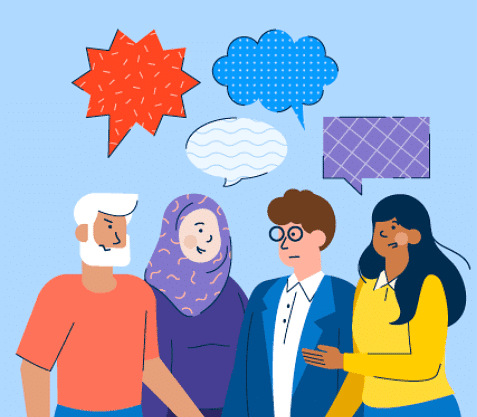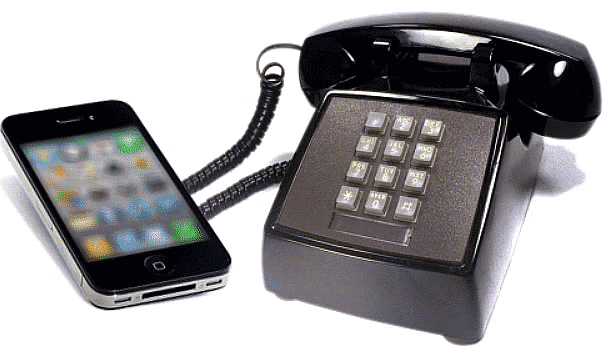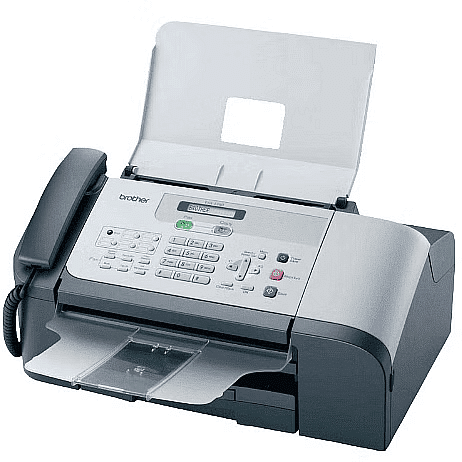Communication - 2 Class 3 Worksheet SST
 Q1: Fill in the blanks
Q1: Fill in the blanks
(i) Communication is divided into two groups :_________and _______ Communication.
Ans: Personal and Mass
(ii) A weekly magazine comes out every _______ days.
Ans: Seven
(iii) The first ever newspaper it was published in _______.
Ans: Rome.
(iv) _____________ invented the telephone.
Ans: Alexander Graham Bell
(v) The full form of PIN code is ____________.
Ans: postal index number.
Q2: Write true or false for the following.
(i) Television can only cater to kids.
Ans: False
(ii) Internet can be used for both personal as well as mass communicable.
Ans: True
(iii) Communication is of three types.
Ans: True
(iv) Mobile phone is more popular than landline phone .
Ans: True

(v) Only rural messages can be sent through a Fax machine.
Ans: False
Q3: Answer the following questions briefly
(i) What is personal communication?
Ans: Any communication which is in private between two or more people is called personal communication.
(ii) What is mass communication?
Ans: Any communication which serves to communicate messages to a large number of people is known as Mass Communication.
(iii) What is transistor?
Ans: A transistor is a portable media device full stop it can run songs News or other programs through which information can be shared.
(iv) What is an SMS?
Ans: SMS stands for Short Message Service. It helps people to communicate individually or in groups through mobile phones or internet.
(v) What is the full form of STD and ISD code?
Ans: STD- subscriber trunk dialling ISD- International subscriber dialling.
Q4: Answer the following questions
(i) What is communication?
Ans: Communication means exchange of Ideas thoughts for information between two or more people.
(ii) How are computers and internet used for personal Communication ?
Ans: Internet is the most preferred communication to these days will stop services like instant Messenger, Facebook etc. have made communication fast, existing and fun even in commercial space, internet based services are spreading up businesses.
(iii) What is a Fax machine?
Ans: Fax is a mode of communication where in written text can be sent through a telephone text the send has to be printed on a paper before it could be read.

(iv) What makes cinema and importance means of mass communication?
Ans: Cinema is an important means of mass com‐ munication as it speaks the language spoken and un‐ derstood by masses .It delivers messages and raises issue in a way which appearance to its audience.
(v) Give some examples of medium of personal communication.
Ans: Some media of personal communication are:
- Letters
- Telephone
- Computers and internet
- Fax
FAQs on Communication - 2 Class 3 Worksheet SST
| 1. What is effective communication? |  |
| 2. How does effective communication benefit individuals and organizations? |  |
| 3. What are the barriers to effective communication? |  |
| 4. How can active listening improve communication? |  |
| 5. How can nonverbal communication impact the message being conveyed? |  |
















